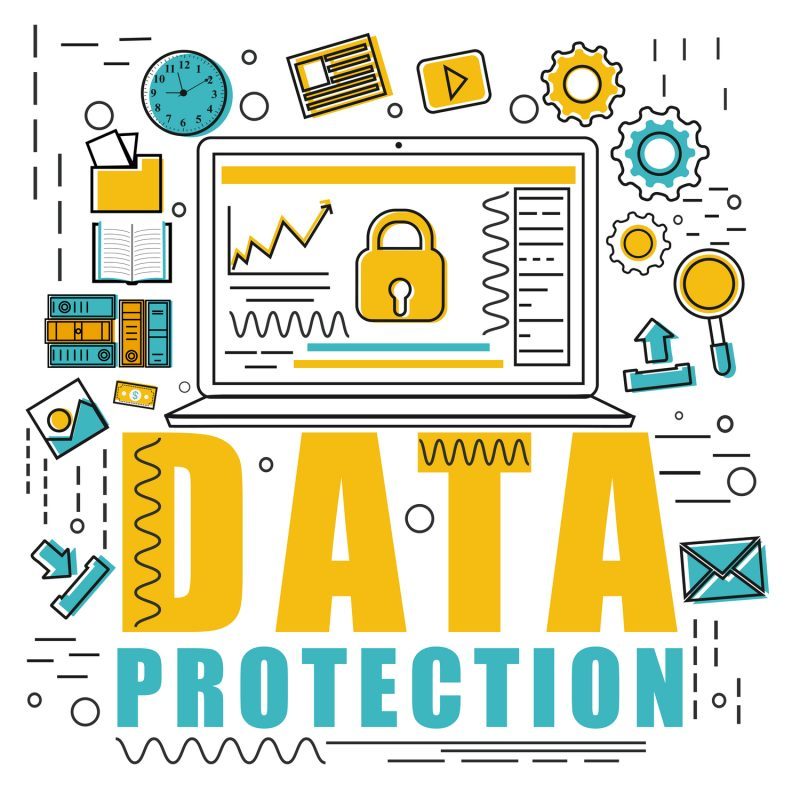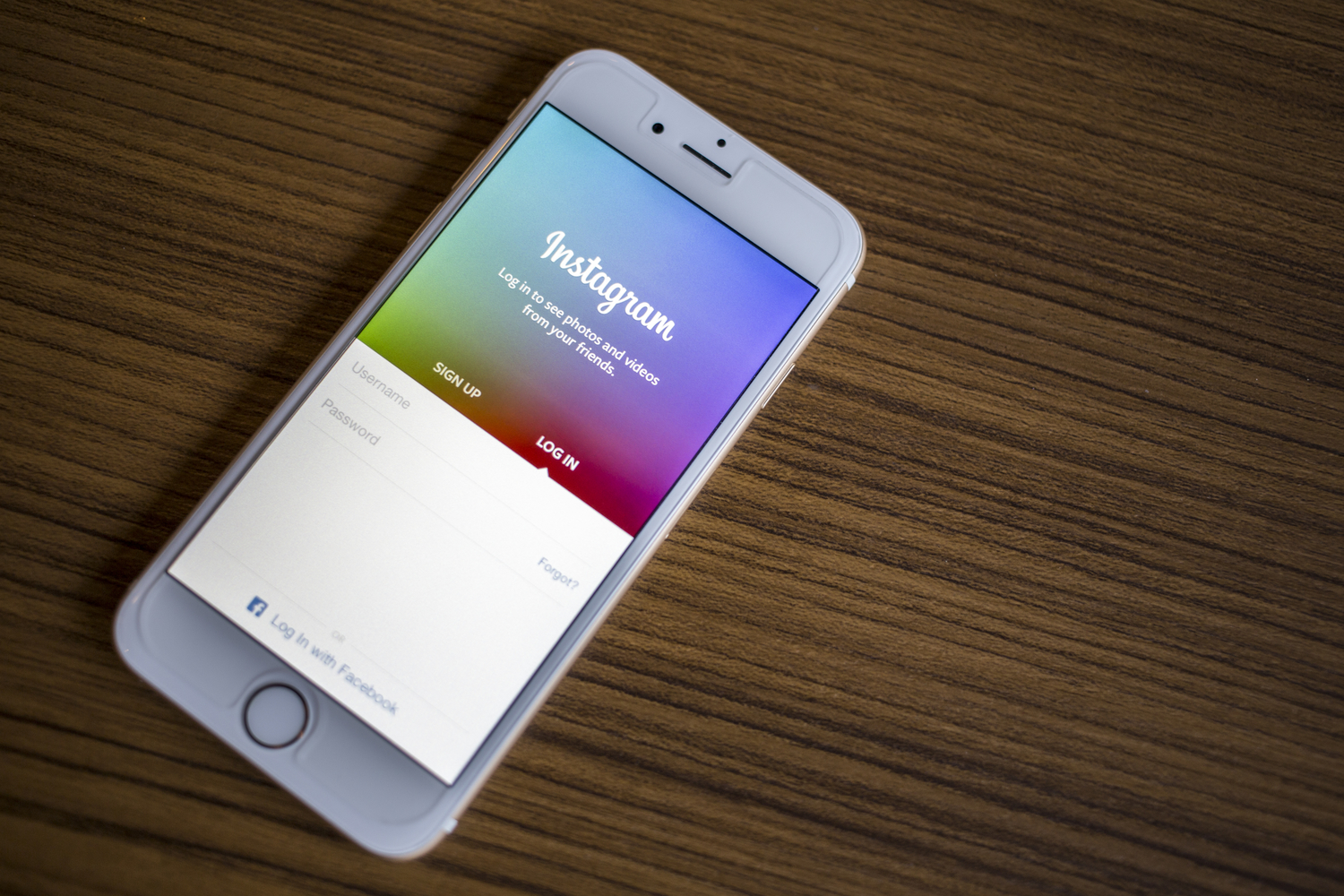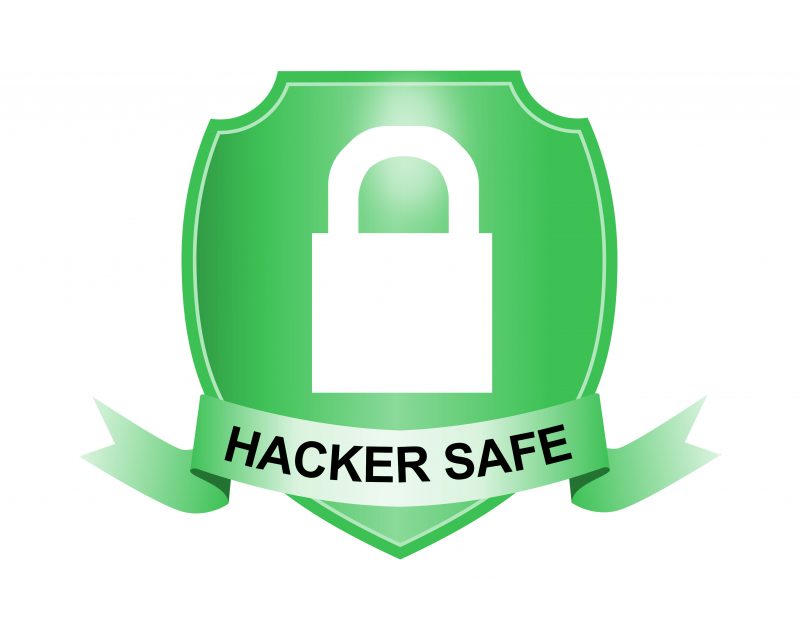
Your modesty could be the reason you never realize you’ve been hacked. Many of us don’t think that our profile is high enough to attract hackers, but you shouldn’t sell yourself short. If you’re online, then some hacker somewhere is going to try to infiltrate your system. Plus, never underestimate the tactics of a disgruntled ex-partner or employee! In the end, the reasons why you were targeted are inconsequential; the only thing that matters is that you are vigilant when it comes to cybersecurity.
Popular targets for hackers
Besides all the tools available to combat cybercrime – firewalls, password protection, encryptions, data back-up, and recovery, etc. – we still need to be personally active in the security of our data. You need to be aware of the activity that goes on, and there are simple ways to check if your data has been compromised. Let’s look at four of the most used online services and see how you can check if you’ve been hacked.
Email, Facebook, Twitter, & Instagram
You may not be clapping back, sharing, or “liking” on a full-time basis like your teenagers, but we bet you have an account on Facebook, Twitter, and Instagram. We know you have an email account. You probably have several. Hackers know that these services have a high-user volume, and targeting these accounts will give them the biggest payoff. They want to fish in the pond with the most fish to increase their chances of hooking the big one, or many many little ones. You may not personally be rich enough to classify as a big payoff for a hacker, but multiply your account balance with hundreds, even thousands, and all of a sudden the amounts start to add up. All we’re saying is, everyone is a target, no matter how many (or few) commas you have in your bank account.
Check account activity

Check login and account activity to see if you have been hacked.
Most email services will allow you to check your account activity. It’s essential for you to regularly check the activity on your email accounts to see if there is anything out of the ordinary. When you check the activity, you’ll typically see a bunch of devices and IP addresses. Check to make sure that you recognize all devices that have logged into your account, as well as the countries and locations of the IP addresses. If anything looks suspicious, reset all of your passwords!
Social media activity
All of your social media accounts – Facebook, Twitter, and Instagram – will similarly allow you to check the last account activity for each service. Typically there will be a “security” page where you can see if anything looks off. Make sure that you recognize all of the login locations. If you can see that someone has logged in from a place you’ve never been, then you may have been hacked. Some won’t give you the IP address and location, but most will tell you which devices have logged in. Make sure you recognize all of them. If you’re still not convinced, play it safe and change your passwords!
Old accounts
The place where you are most vulnerable could be old accounts that you have all but forgotten. Do you have a Yahoo!, Hotmail, or another email account that you haven’t used in forever? Whatever happened to your MySpace and Friendster accounts? You may have forgotten about them, you may never use them, but it could still give access to hackers. With old accounts, you also have old passwords. Old passwords are easier to hack because they were created in a time before password generators before we knew the importance of a long, random string of numbers, letters, and symbols for the most secure password. How many of these old accounts have the same password? Probably the name of a pet. Go back and delete old accounts, or change the passwords!
IT service provider

Talk to an IT service provider to secure your data.
Hackers are smart, and checking your account activity is just one way you can try to stay on top of your cybersecurity. There are many other ways that hackers can infiltrate your network that won’t show up in the account activity overview. If you want to be sure that you haven’t been hacked, check with a local IT service provider. An IT service provider can help you increase cybersecurity with the latest tools. They also know how to look for nefarious activity, blocking any attempts to hack your system before it becomes a problem.
Contact OnePointSync today about any of our services, and we will put a quote together for you or schedule a free IT consultation.



